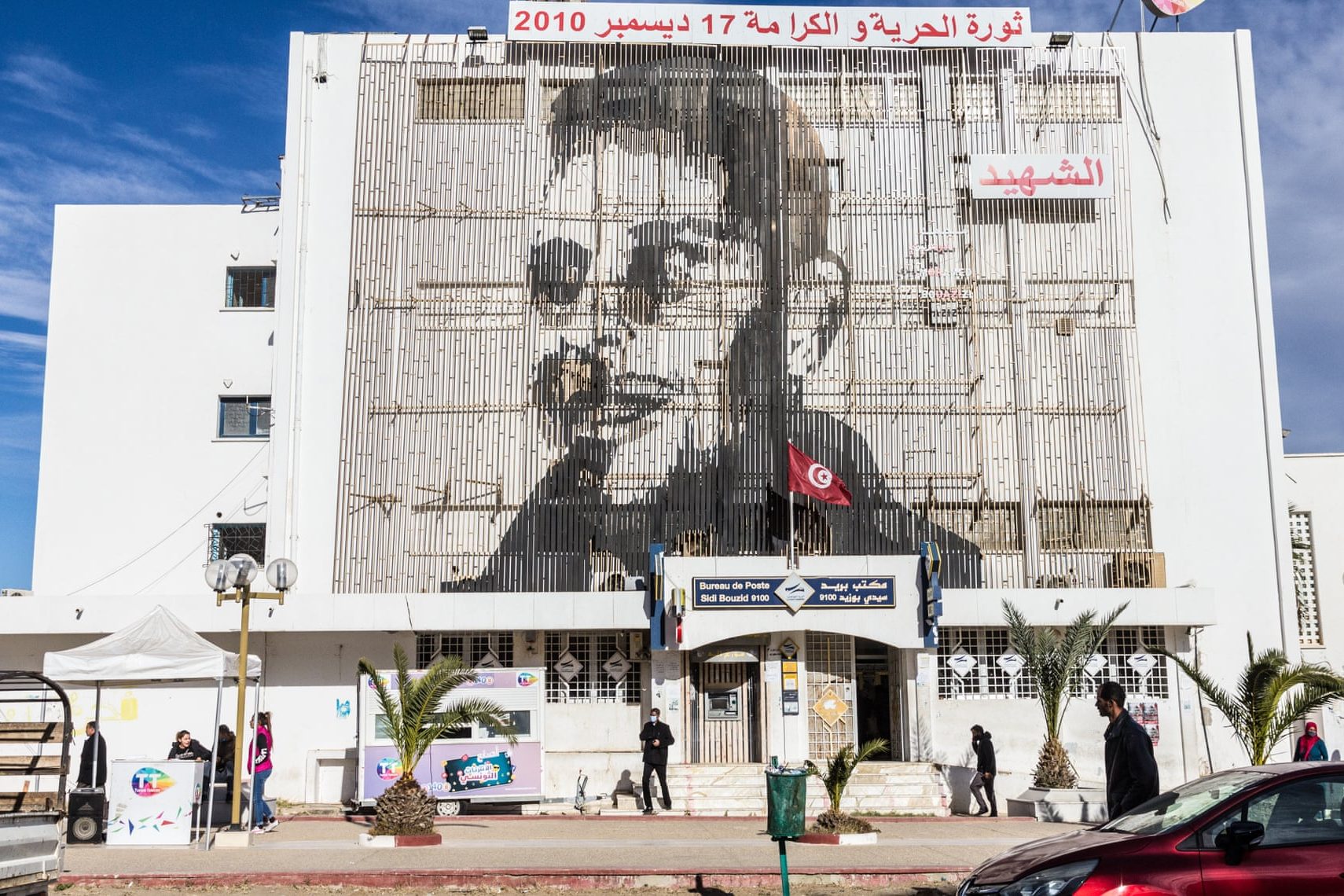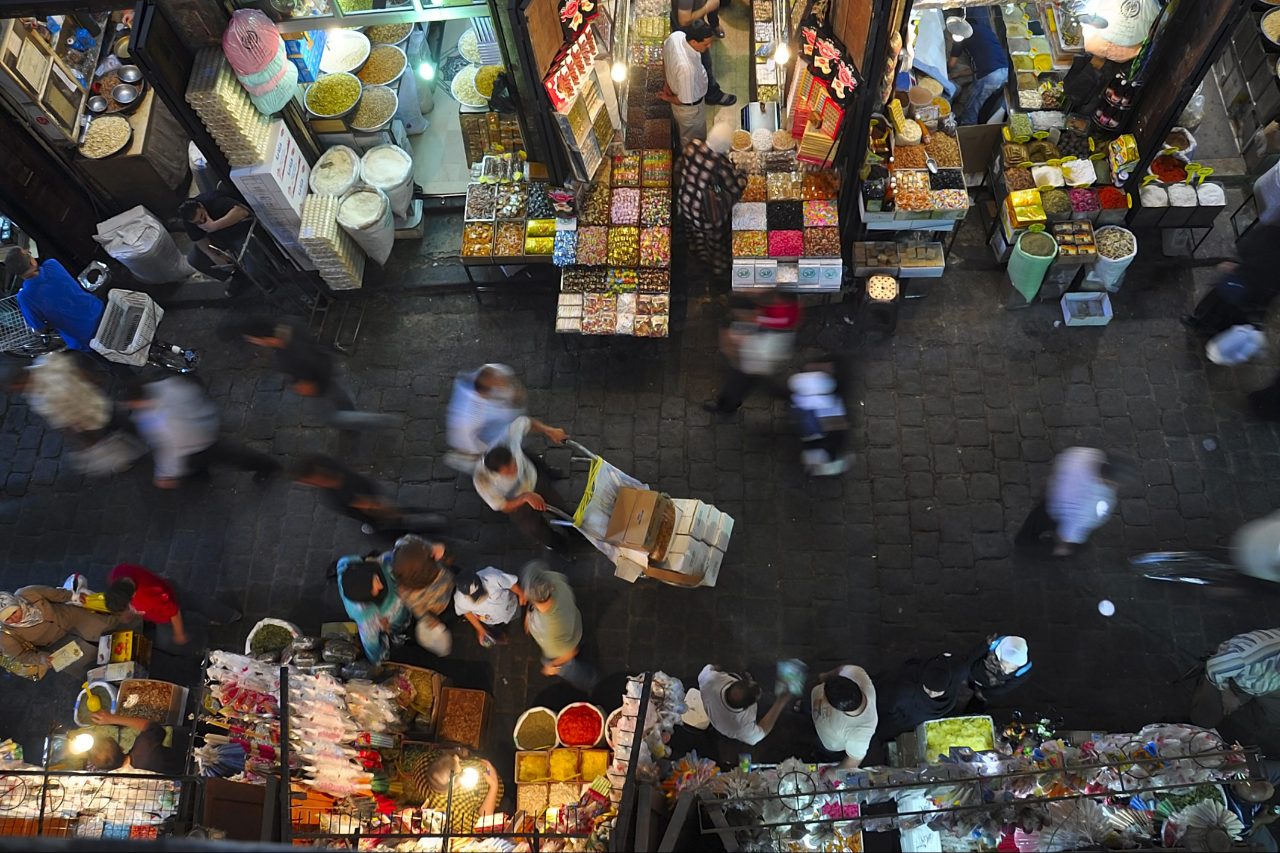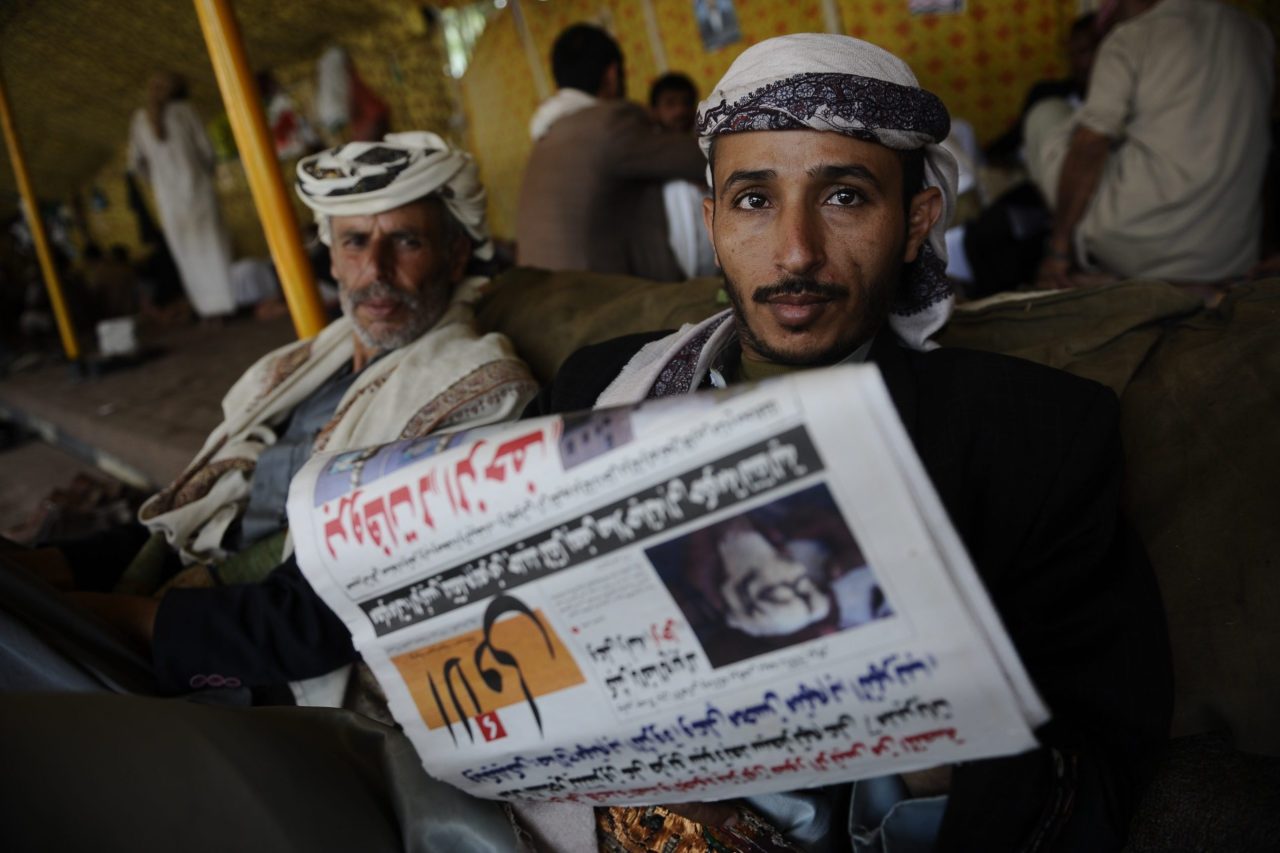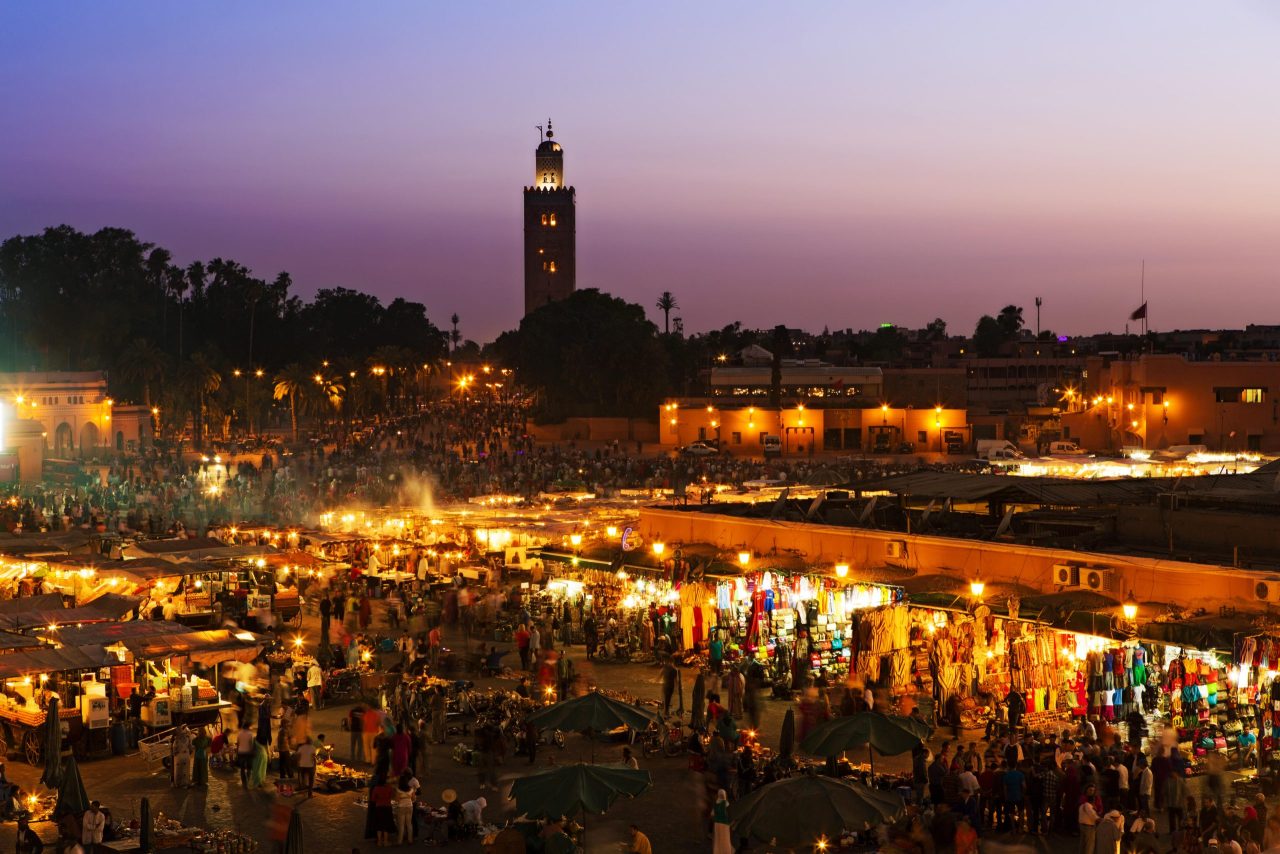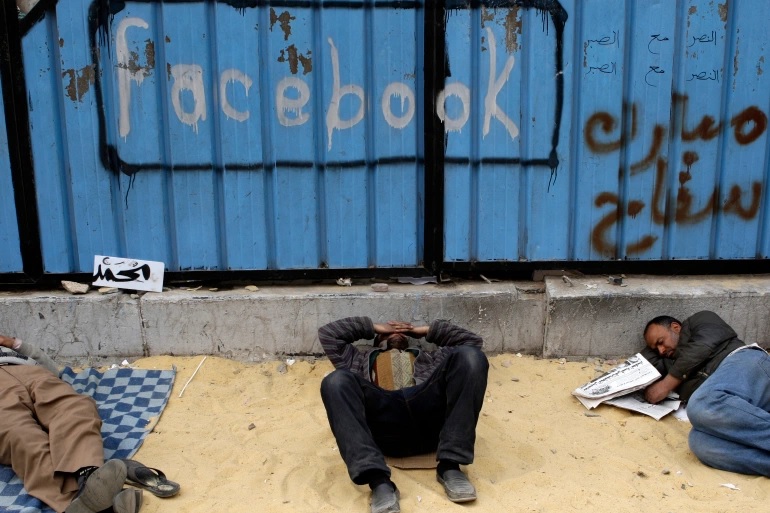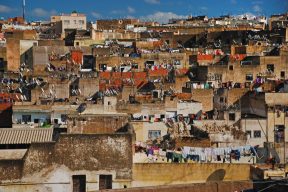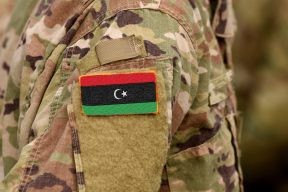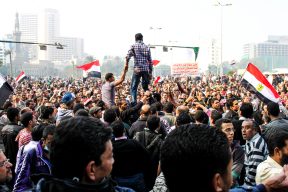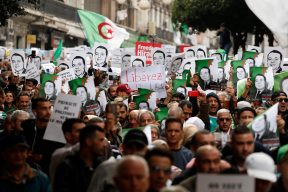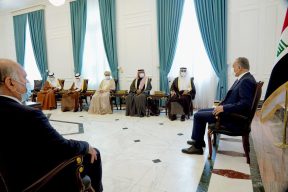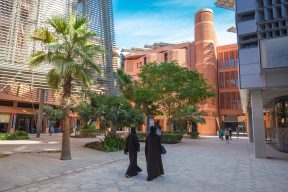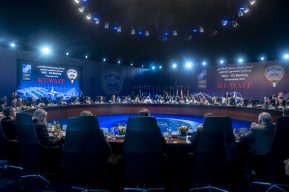Foreword
Alessandro Minuto-Rizzo
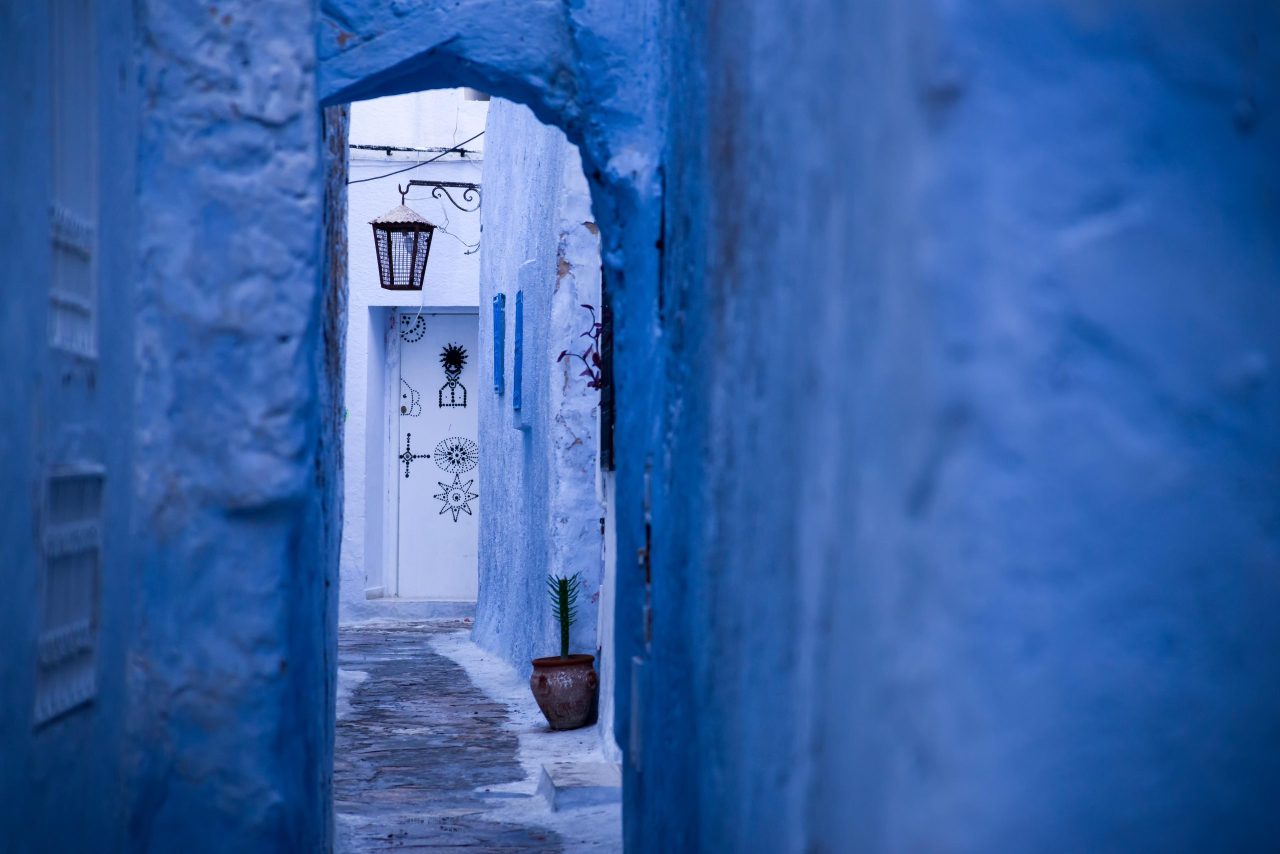
Our point of departure is a great region going from the shores of the Atlantic to the Arab Gulf and beyond, crossing a number of countries rich in history and relevant in today’s world. Sometimes the experts call it an arc of crisis, but we would like it to become an arc of opportunities.
Ten years ago, there was a moment when everything seemed to the point of changing, but it did not happen. There were leaders in power since 30 or 40 years and it seemed obvious that they should go. But things went in another direction and we proved wrong on the overall political analysis.
Today the region is fragmented, authority does not seem based on a popular mandate. There are many national teams in the region, but each team has only one player. Some of those players envision a magic role for their country when facts are running short of the ambition. Unfortunately, there is not a shared interest in cooperative security and regional cooperation is not yet there. Kingdoms are more stable than republics but this is little comfort. This is not the entire reality, of course, and there are signs that things can change for the better. First of all, a vast young population has emerged everywhere and is looking for opportunities and it will be increasingly difficult for local leaders and elites to close their eyes before this reality.
Since some time, social networks are of common use and people are much more informed than it has ever been the case. The young population is acquiring habits very similar to those in use in other parts of the world. A certain tendency towards secularism seems to gain wind. In some countries we see a growing role of the middle class and women. All these signals go in the good direction.
In conclusion a complete reading is difficult and sometimes wrong. An overall appraisal of the political-economic-social scenario tends to be critical. On the other hand, we should also look below the surface, try to better analyze specific sectors. We cannot judge only at what appears at first sight but to look also at trends making their way across society.
This is the reason why the Foundation has decided to launch the present dossier. We have the modest ambition to contribute, in a positive way, to connect and to explain; other initiatives will follow going in the same direction. We believe in a bottom-up approach to promote concrete examples of cooperation and mutual understanding. We are not new in this kind of endeavors with a good feed-back. We are convinced that it is possible to agree on strategic interests.
The Arab region has been the focus of our activities since many years, the title of our first conference was “NATO and the Arab spring”. The objective being to dispel the image of an Alliance as a hard security only organization. The Strategic Concept states that “cooperative security” as such is a first-class priority.
There are practical experiences already behind us like the Mediterranean Dialogue and the Istanbul Cooperation Initiative. They speak with success about practical and useful cooperation, a two-way street, human minds thriving to share the same view on important objectives.
This “Dossier” has no pretention to say everything, nor to be comprehensive but comprehensible.
Mainly a sort of index pointing at the Arab world in some of its basic features at the present day. Perhaps to suggest some roadmap. Sometimes looking back at the experiences of 10 years ago when useful.
After examining at length pros and cons we have come to the conclusion that the Arabs should not be left alone with their problems sometimes extremely difficult to solve. We have a duty, quietly and friendly, to walk together when possible.
“There is a wealth of humanity that deserves our best wishes and is not easy to forget: the people who live among the ancient mosques in Cairo, the Roman cities of Jordan, the pearl islands of the Arabian Gulf, and the deserts of Mauritania. We face a great world in flux, which requires us to take a long view, out towards a new horizon in our history”.1
1) NATO and the Middle East. The making of a partnership. New Academia. Washington DC. 2018.
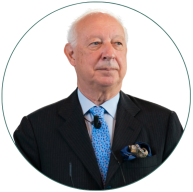
Alessandro Minuto-Rizzo
is an Italian diplomat who served as Deputy Secretary General of NATO from 2001 to 2007 and as interim Secretary General of NATO from the 17th of December 2003 to the 1st of January 2004. Prior to be appointed Deputy Secretary General, he acted as Ambassador of Italy to the Western European Union and to the EU Political and Security Committee (PSC).
Other articles
Foreword
Alessandro Minuto-Rizzo
Political Summary
Alessandro Politi
Policy Paper
Arab rising and beyond
Claire Spencer
The economy and the civil society
Possible roots of the rising
Abdulaziz Sager
What kind of economic prospects for the region?
Karim El Aynaoui, Oumayma Bourhriba
From the web to the square
Mahboub E. Hasem
Power and identity
10 Years After the Arab Spring: llicit Economies Evolve, Epand and Entrench
Matt Herbert
Libya: a multi-layer conflict
Umberto Profazio
The Egyptian long pacification
Eman Ragab
A new wave of unrest: towards change?
Future perspectives in the Gulf
Jean-Loup Saman
The way ahead
A look the the future
Ahmad Masa’deh
The Alliance looks South
Appendix
The Arab rising by country
Mahboub E. Hashem

